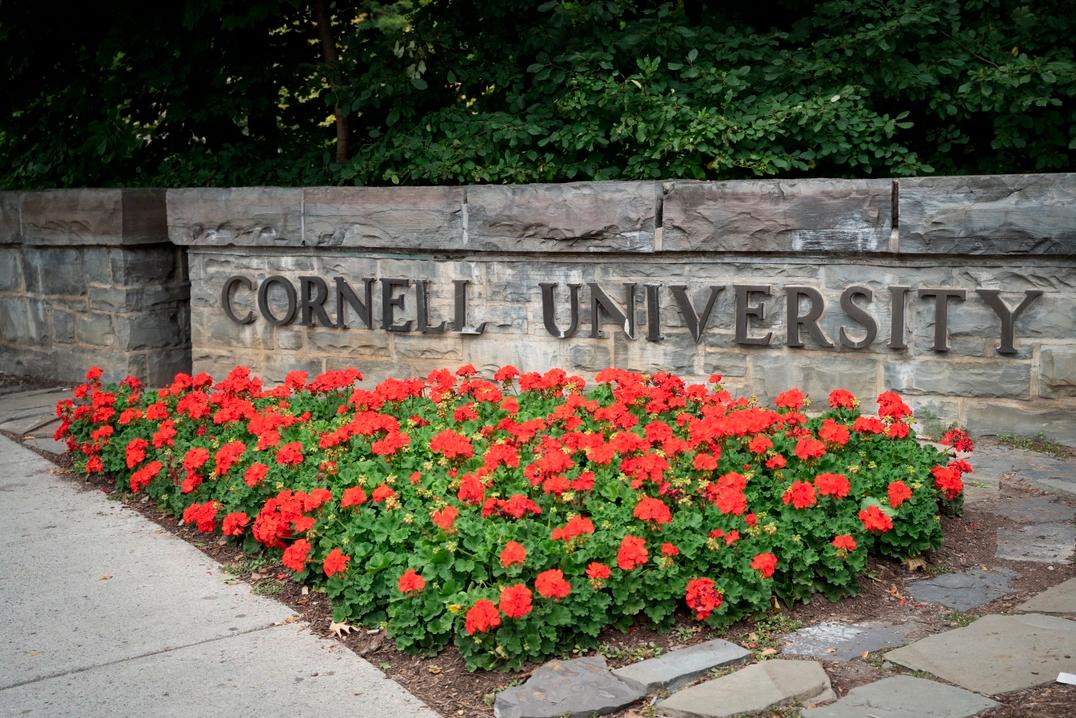Measure 110, the “Drug Addiction Treatment and Recovery Act,” was approved in November 2020 with 58 percent voter support.
When it became law, the measure decriminalized user amounts of hard drugs—including fentanyl, methamphetamine, and heroin—in favor of addiction treatment options to be funded by the state’s cannabis tax.
But the rollout of treatment programs has been an abject failure. The first of the promised detox centers just opened in August.
And, an Oregon Health Authority (OHA) audit found that just 1 percent of people who were cited for possessing controlled substances sought treatment using a new hotline created as part of the measure.
Now the state is grappling with an opioid crisis and increased homelessness, both of which critics contend has been exacerbated by decriminalization.
Substance abuse in the state has exploded.
Since 2020, Oregon has experienced a 210 percent increase in fentanyl-related fatalities, according to the OHA’s Public Health Division.
Overdoses in the state increased between November 2021 and November 2022 by nearly 4.58 percent, surpassing the national average by sevenfold, according to the Centers for Disease Control and Prevention.
Many Oregonians blame Measure 110, and most now want it repealed.
The Survey Says
An Emerson College poll of 1,000 registered Oregon voters found that 56 percent support a complete repeal of Measure 110, while 64 percent believe parts should be repealed in order to bring back penalties for possession of small amounts of hard drugs.
Commissioned by the Foundation for Drug Policy Solutions, the poll surveyed registered Oregon voters “to measure public attitudes towards Measure 110.”
It found that 41 percent of Oregon voters were more likely to vote for a lawmaker if they voted to repeal the measure, whereas 33 percent said they were less likely to vote for the lawmaker, and 25 percent said this would not impact how they vote.
A majority of respondents also said Measure 110 increased homelessness in their communities, with 54 percent reporting increased homelessness and 38 percent saying the measure had no impact on homelessness.
A majority of most racial groups also supported a full repeal of Measure 110, including about 66 percent of Hispanics or Latinos and African Americans alike and more than 50 percent of White voters. Less than half of Asian American or Pacific Islander voters surveyed were in favor of repeal, but nearly 71 percent of multiracial voters wanted Measure 110 reversed.





